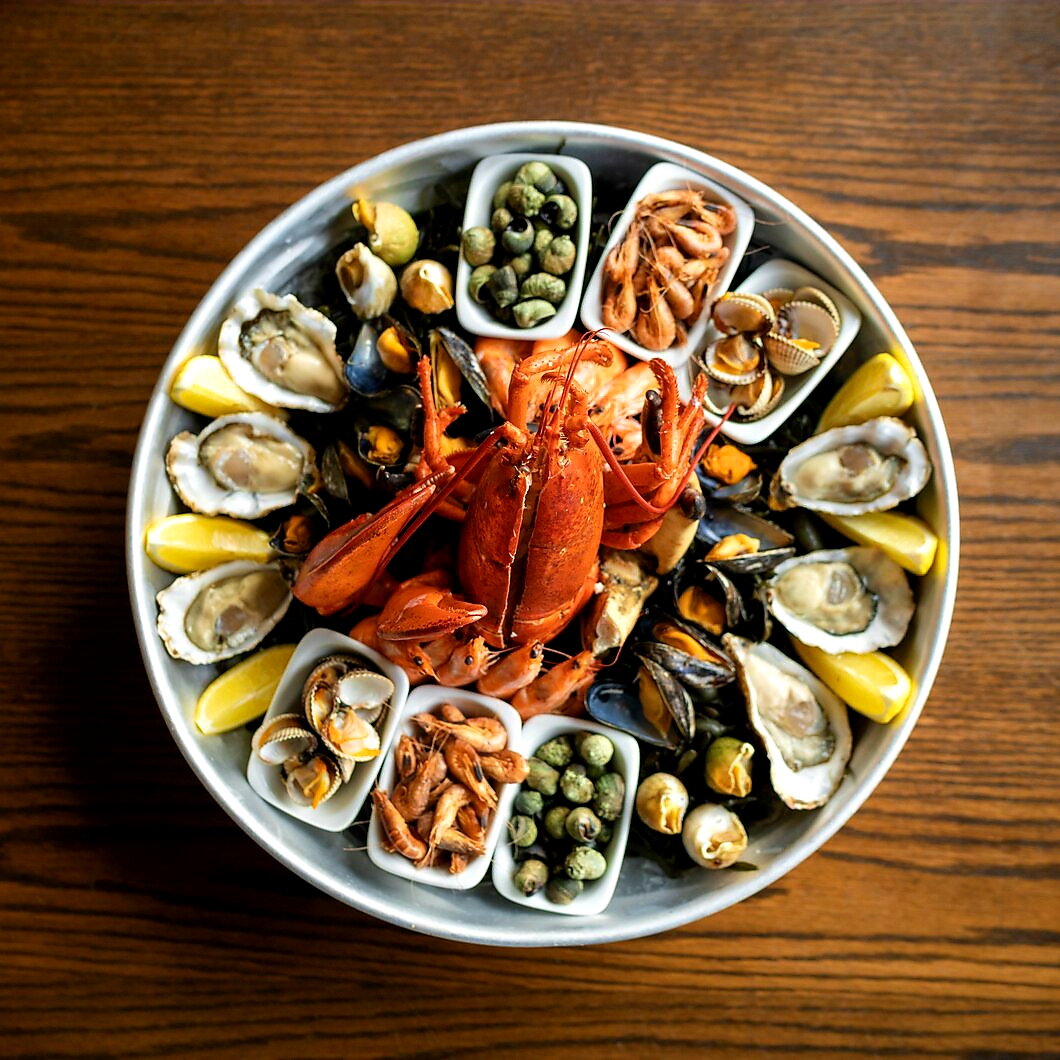Seafood is a beloved delicacy worldwide, but it can also pose certain health risks due to the presence of natural toxins, contaminants, or improper preparation methods. While many of these risks are rare, it’s important to be aware of the potential dangers found in some seafood dishes. Here are 10 foods that can be poisonous if not handled correctly:
1. Pufferfish (Fugu)
Pufferfish, or Fugu in Japan, is one of the most dangerous seafoods. It contains tetrodotoxin, a powerful neurotoxin that can cause paralysis and death if consumed in high doses. Only licensed chefs are allowed to prepare this delicacy in Japan due to the risks involved in removing the toxin-laden parts.
2. Shellfish (Oysters, Clams, Mussels)
Shellfish can accumulate harmful bacteria like Vibrio or toxins such as paralytic shellfish poisoning (PSP) from algal blooms, commonly known as red tide. Consuming contaminated shellfish can lead to severe food poisoning, including nausea, vomiting, and neurological symptoms.
3. Scombroid Fish (Tuna, Mackerel, Sardines)
Scombroid poisoning occurs when fish like tuna, mackerel, and sardines are improperly stored. These fish produce histamine when they spoil, which can lead to allergic-like symptoms such as hives, difficulty breathing, and gastrointestinal distress.
4. King Mackerel
While king mackerel is a popular fish, it is known to contain high levels of mercury, a heavy metal that can be toxic to humans. Consuming large amounts of mercury-laden fish can lead to neurological damage, especially in children and pregnant women.
5. Barracuda
Barracuda is notorious for causing ciguatera poisoning, a condition caused by consuming fish that have ingested certain marine toxins. Symptoms include nausea, vomiting, neurological effects, and even long-lasting nerve damage. The toxins remain stable even after cooking.
6. Farmed Salmon
Farmed salmon often contain higher levels of PCBs (polychlorinated biphenyls) and dioxins, environmental pollutants that are harmful to human health. While rare in small doses, these toxins can accumulate over time, potentially causing cancer or other long-term health issues.
7. Red Snapper
Red snapper and other reef fish can also be contaminated with ciguatera toxins. Eating fish affected by this toxin can cause gastrointestinal problems and neurological symptoms, such as a reversal of hot and cold sensations.
8. Octopus (Blue-Ringed)
Though not commonly served in restaurants, the blue-ringed octopus is one of the deadliest marine animals. Its venom contains tetrodotoxin, the same toxin found in pufferfish. A single bite can paralyze muscles, including those involved in breathing, leading to death if untreated.
9. Scallops
Like other shellfish, scallops can be susceptible to harmful algae blooms, which cause toxins to accumulate in their tissues. If consumed, these toxins can lead to amnesic shellfish poisoning (ASP), a condition that causes memory loss, disorientation, and gastrointestinal symptoms.
10. Shark
Shark meat, while considered a delicacy in some regions, can contain high levels of mercury. Shark is a top predator, and through a process called bioaccumulation, it can amass large quantities of mercury. Consuming mercury-contaminated shark meat over time can result in mercury poisoning, leading to muscle weakness, coordination problems, and even kidney damage.
How to Reduce the Risk:
- Buy from Trusted Sources: Ensure the seafood you consume is sourced from reputable suppliers that follow safe fishing and storage practices.
- Check for Advisories: Be aware of public health advisories regarding contaminated seafood in your area, especially after algal blooms.
- Proper Storage: Always store fish and shellfish properly to avoid bacterial growth and toxin formation.
- Proper Cooking: Cooking seafood thoroughly can eliminate many bacterial contaminants, though some toxins, like ciguatera, are heat-stable and require caution.
While seafood is nutritious and delicious, it’s crucial to understand the risks associated with certain varieties. By being informed and taking precautions, you can continue to enjoy seafood while minimizing potential dangers.








